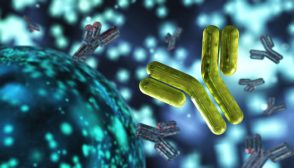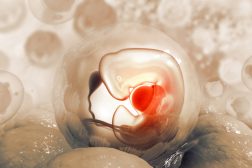Definition
noun, plural: autoimmunities
A type of immunity wherein the immune response is directed against own body, attacking own tissues, cells, or cell components
autoimmune
(immunology) Of, relating to, or pertaining to autoimmunity
Supplement
Autoimmunity is characterized by the body turning against own cells, cell components, or tissues through a system of immune responses. In humans, for instance, the immune response entails different mechanisms to attack pathogens or antigens thereby protecting the body from diseases. The immune responses include antibody production, induction of cell-mediated immunity, complement activation, and development of immunological tolerance. Immune cells such as lymphocytes attack antigens such as pathogenic microbes. Antibodies are produced by B lymphocytes in order to identify and neutralize antigens. In autoimmunity, the immune response is directed against certain cells and tissues of the body. Some autoimmune responses may lead to autoimmune diseases such as Celiac disease, Sarcoidosis, systemic lupus erythematosus, Churg-Strauss Syndrome, Sjögren’s syndrome, diabetes mellitus type 1, idiopathic thrombocytopenic purpura, Addison’s Disease, Hashimoto’s thyroiditis, Graves’ disease, and rheumatoid arthritis. Nevertheless, other autoimmune responses are hypothesized to be a normal part of the immune system, which is referred to as natural autoimmunity.1
Word origin: auto (self) + immunity
See also:
Reference(s):
1 Poletaev, A. B., Churilov, L. P., Stroev, Y. I, and Agapov, M. M. (2012). “Immunophysiology versus immunopathology: Natural autoimmunity in human health and disease.”. Pathophysiology 19 (3): 221–31.







